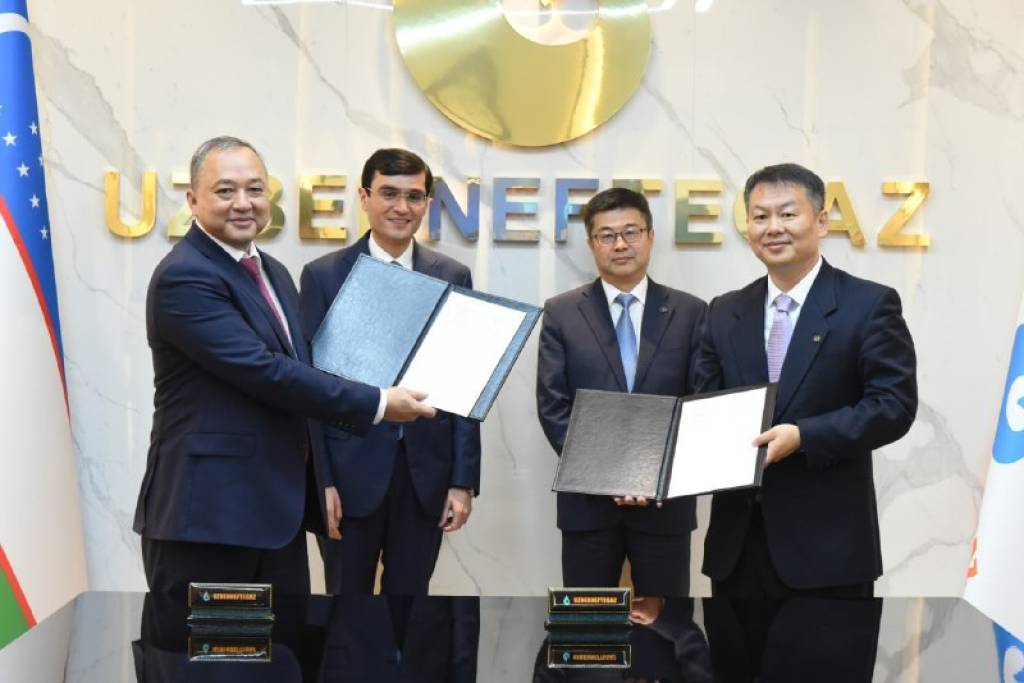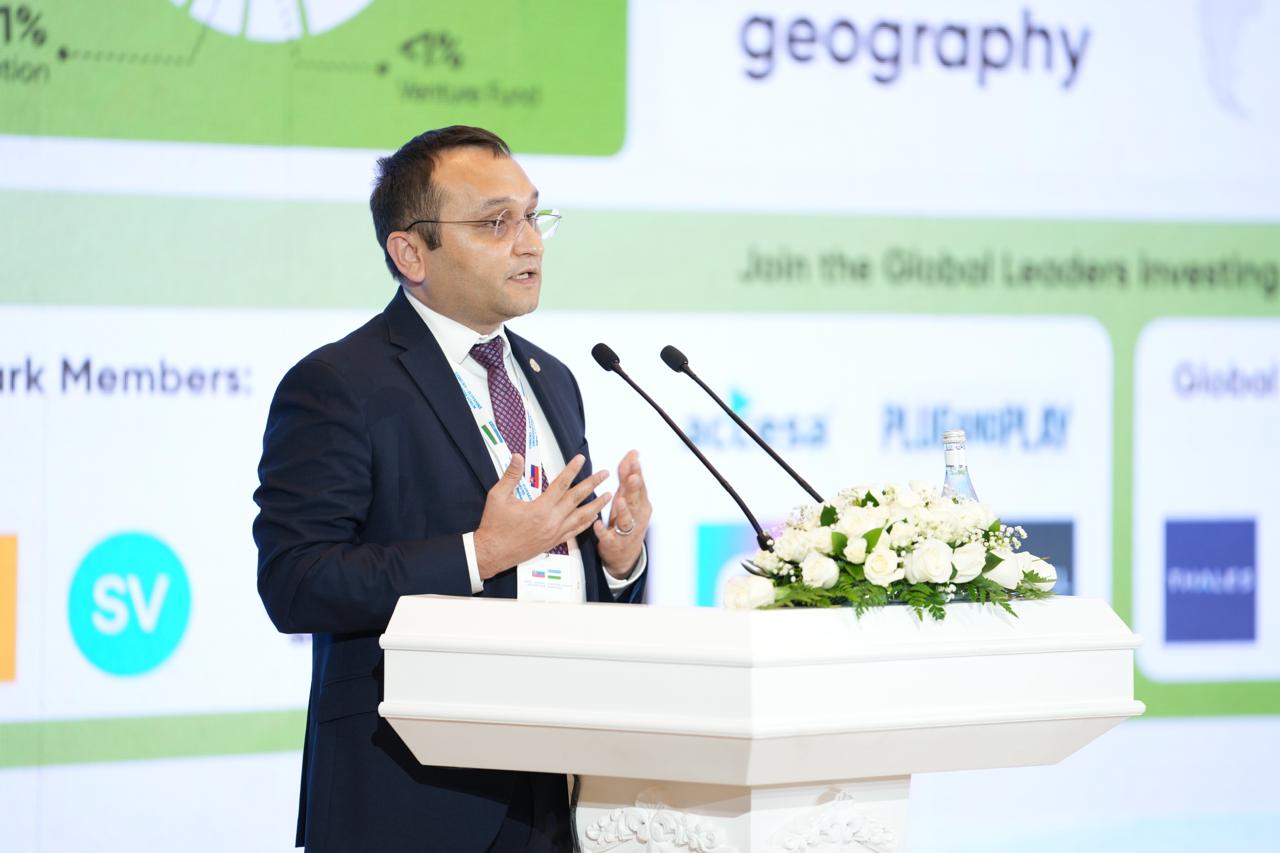The American corporation Intel announced a new stage of global restructuring, which began massive layoffs in Israel. The company's focus is on improving operational efficiency, speeding up processes and reducing costs, which has already resulted in hundreds of employees being notified of upcoming layoffs.
Of particular importance is the situation at the Fab 28 plant located in Kiryat Gat. This is Intel's key manufacturing facility in Israel, employing approximately 4,000 people. According to the latest data, the cuts will affect about 200 employees, mainly from among the middle management, first-level managers and remote operational control specialists. After the process is completed, Intel's total number of employees in Israel will be approximately 8,500.
Fab 28 manufactures processors based on the Intel 7 process technology (formerly known as 10nm Enhanced SuperFin). However, the plant lacks state-of-the-art equipment for EUV lithography, which is necessary for the production of next-generation chips based on the 18A architecture. This limits the ability to modernize the site and casts doubt on its strategic prospects. According to industry sources, the possibility of a complete closure of the enterprise is being discussed, which will be the largest revision of Intel's production infrastructure in Israel in recent decades.
Despite receiving a$3.25 billion grant from the Israeli government in December 2023 to build a new Fab 38 plant next to Fab 28, the project was suspended in the summer of 2024. This decision further increased uncertainty regarding Intel's future investment in manufacturing facilities in Israel.
Representatives of the company confirmed the fact of restructuring, pointing out that the transformation is aimed at removing organizational barriers and strengthening the role of engineers in key processes. Statements that "we are taking steps to become a faster and more efficient company" became the official position of Intel amid an internal review of the global strategy.
Sources within the industry note that the functions of employees who were previously responsible for remote management of production systems are moving to automated solutions. This corresponds to the general vector of development of the semiconductor industry — a decrease in the share of manual control and an increase in the share of robotic production.
Previously, the cuts in Israel concerned mainly employees of research centers in Haifa and Petah Tikva. Fab 28 has long been an exception due to its status as an" anchor " production facility. However, the current market situation, slowing demand for certain categories of chips and shifting Intel's priorities towards more promising technical processes forced the company's management to reconsider the role of old capacities.











